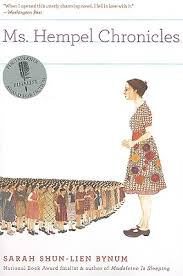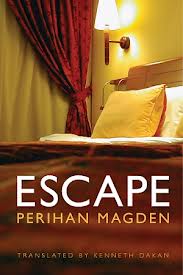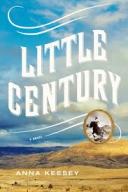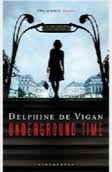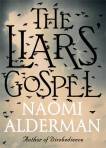

If you are easily shocked by unorthodox portrayals of Jesus and all that is precious in the surrounding religious tradition, do not read this book. If you are offended by the suggestion that the historical Jesus is not the Jesus of tradition, do not read this book. If blasphemy is a word that even momentarily enters your general vocabulary, do not read this book. If you are now curious, and can soldier on through descriptions of creative Roman torture and heinous means of delivering slow death, and tend to be delighted when your assumptions are slaughtered . . . do, please, read this book. And to make the experience of revelation even more interesting, read The Liars’ Gospel in conjunction with The Evolution of God by Robert Wright, or a book of its ilk (scholarly research into the historicity of religious belief). I have by day been listening to Wright’s audio book, and by night reading Alderman’s novel. Though Alderman’s work is fiction, it is based on dogged research, and much of how she portrayed Jesus is similar to how Wright described the historical man. I got the same feeling for who Jesus may have been, from both authors. And I must add here that the audio version of The Evolution of God is well worth the time spent on 15 discs. Wright starts with prehistoric religious belief and works his way through the historic origins of Judaism, Christianity, Islam, their connections and conflicts, and concludes with a vision for how the Abrahamic faiths can foster tolerance and peace in place of what we have now in world affairs. His presentation of the historical record is frequently surprising and always engrossing. Pairing his book with The Liars’ Gospel was perfect serendipity (I didn’t actually plan it out). Alderman’s novel is written from four distinct perspectives, starting with Mary (mother of Jesus), then Judas, followed by Caiaphas (High Priest of the Temple in Jerusalem), and concluding with Barrabas. I have used the Anglicized names here, but the book uses their Hebrew names, in keeping with a story that fully immerses the reader in the Jewish world to which Jesus (Yehoshuah) was born, and in which he functioned, under the thumb of Roman rule. This novel is actually more about the politics of Roman Jerusalem than about Jesus, especially in its second half. Nonetheless, if you are well acquainted with the Gospels, you come out of this reading experience thinking about familiar stories is quite a different light: you will question motives, incentives, and the political alignments of players and authors. Although Alderman’s novel was not a fast read — it is not dense, but it IS brutal, and that took some time to breathe and regroup — I highly recommend it, especially as an entre to a nonfiction work such as Wright’s.
 If you’ve ever lived as an ex-pat, you’ve gotta read this novel. You will see yourself in Lerner’s descriptions of the ex-pat community in Spain, even if it’s not particularly flattering. And if you’ve ever tried to learn a foreign language, you will crack up at the riffs on misunderstood dialog. Let us count the myriad ways that we can fail to grasp what is being said to us in a language we hang on to by our fingernails. It’s also a good reminder of how hard it is to become fully fluent in English. Hence, an appropriate sympathy for immigrants. This novel is also about the art world, poetry, pretensions, feeling like a fraud, drugs, the nature of intimacy, how lies impinge on our relationships . . . there’s a lot here. It’s literary fiction that is relatively easy to read and often humorous. It’s not light, but it is short. It’s not a novel that will appeal to everyone. But I thought it quite brilliantly written.
If you’ve ever lived as an ex-pat, you’ve gotta read this novel. You will see yourself in Lerner’s descriptions of the ex-pat community in Spain, even if it’s not particularly flattering. And if you’ve ever tried to learn a foreign language, you will crack up at the riffs on misunderstood dialog. Let us count the myriad ways that we can fail to grasp what is being said to us in a language we hang on to by our fingernails. It’s also a good reminder of how hard it is to become fully fluent in English. Hence, an appropriate sympathy for immigrants. This novel is also about the art world, poetry, pretensions, feeling like a fraud, drugs, the nature of intimacy, how lies impinge on our relationships . . . there’s a lot here. It’s literary fiction that is relatively easy to read and often humorous. It’s not light, but it is short. It’s not a novel that will appeal to everyone. But I thought it quite brilliantly written.

